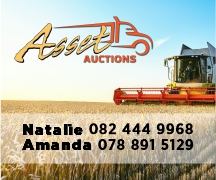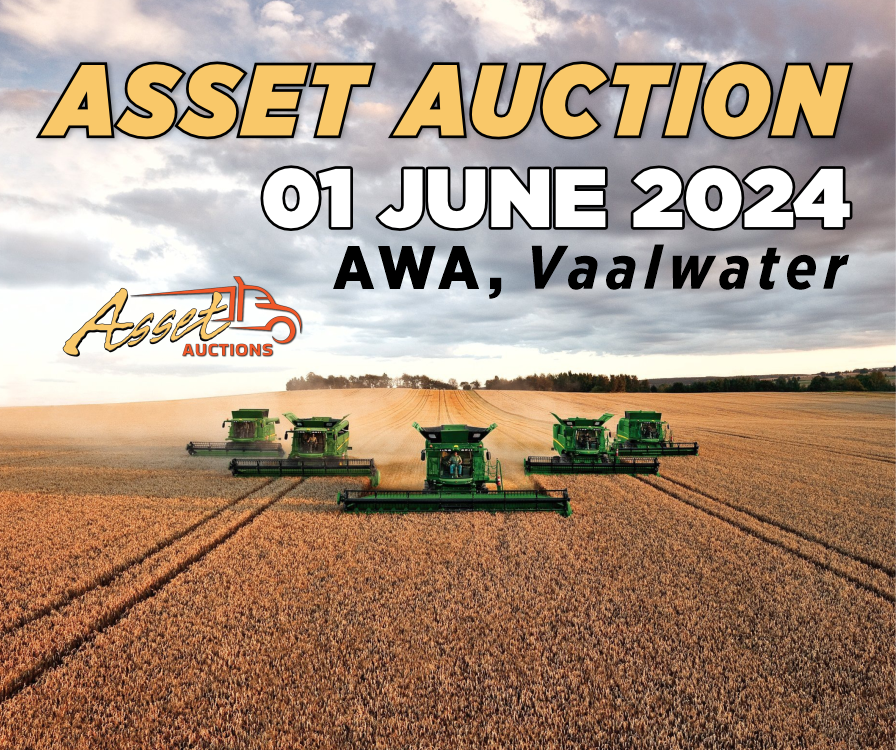Fire Safety
Keep hay away from electrical outlets, the main fuse box, and electric fence units.
A barn fire can be devastating. Take every possible step to protect the barn (or other horse facilities) from fire. Make sure you have a plan and know where you will secure your horses in case of a fire. Practice a fire drill several times a year so everyone knows what to do. Keep important phone numbers where you can find them quickly, and post directions to your barn next to the phone.
To help prevent a fire, follow these fire safety guidelines:
1. Do not allow smoking in or around the barn, hay, or bedding. Post “No Smoking” signs, and enforce the ban.
2. Keep your barn clean. Dust and cobwebs are fire hazards. Remove combustible items such as old rags, sacks, loose hay, or equipment that may leak gas or oil.
3. Mow or spray brush and tall grass and remove trees and debris within a 50-foot radius of the barn or horse facilities.
4. Protect against lightning. Install a grounded lightning rod system to protect your barn during electrical storms.
5. Be sure to have adequate and appropriate fire extinguishers. Place them every 40 feet, or keep one at each entrance, in the tack room, and near feed storage areas. Make sure they are charged, and protect them from freezing.
6. Try to have a large water supply inside and outside the barn. Keep hoses drained, and protect them from freezing in the winter. Keep a hose attached to your external water supply.
7. Install smoke detectors. Detectors and alarms that sense heat and smoke can save critical time if a fire does start. Check them regularly (at least twice a year) and replace batteries when necessary. You may want to connect the detector to a loud, external siren that can be heard far from the barn.
8. Cage all electric light fixtures and protect them from horse, rodent, or weather damage. Enclose all electrical wiring in conduit. Periodically check wiring for damage and replace if necessary.
9. Never lock stall doors. Keep hs and lead ropes close to each stabled horse. Consider marking each with glow-in-the-dark paint or reflectors. Keep a container with a supply of empty feed sacks or towels available for blindfolds.
10. Store hay and bedding in a separate building from the stalls. (Some insurance companies require hay to be stored separately, so check with your agent.)
11. The hay that you store is properly cured and that it’s kept dry. Check new hay frequently for hot spots. Wet hay can start fires through spontaneous combustion.
12. Don’t use extension cords. If you must, use an industrial-grade cord, and don’t overload it.
13. Know the location of all master electrical switches, and make them easily accessible.
14. All appliances in the barn should be UL listed. Never use portable heaters. Use caution with heated elements, such as water heaters, trough heaters, or heat tape.
15. Build barns out of noncombustible materials. Look for pressure-treated wood, because it burns more slowly.
Ask your local fire department to do a walkthrough of your barn to point out other fire-prevention steps you can take.
In case of a Fire
If a fire does break out, stay calm. Call the fire department. In a calm, clear voice, give your name, farm name, and location. If the address is different than the house, give directions. Do not hang up until you are sure the information was heard.
Open only one door of the stable. As long as possible, keep the flow of air to a minimum so the fire will not explode. If the fire is spreading rapidly and there is heavy smoke, stay out of the barn. Do not risk your own life to rescue your horse.
• Lead each horse out of the barn, and take it to a paddock a safe distance from the barn and out of the way of fire trucks and equipment. If the horse won’t be led, blindfold it using a towel, handkerchief, or sack. Wet the blindfold in water before putting it on the horse’s head and eyes.
• Do not turn a horse loose, because it might run back into the barn.
• Save equipment stored in the barn only after horses are out.
• Open all access gates to the barn area and keep roads clear for fire trucks.
• Use whatever firefighting equipment you have to contain the fire until help arrives.
• Once help arrives, step aside and let the professional firefighting crew handle things.
• As soon as possible, check your horses for injuries. Call a veterinarian if horses are burned or have inhaled smoke. Check for burns around the horse’s nostrils and eyes. Keep any burned areas on the body or legs moist with a cold, wet cloth.








